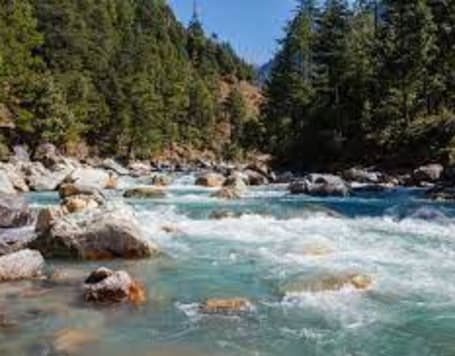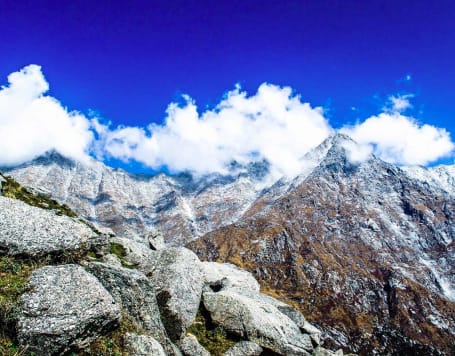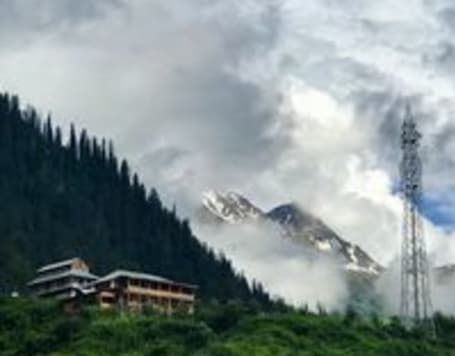The Sar Pass Trek is an exciting adventure for nature lovers and trekking enthusiasts, offering a thrilling escape from the bustling city life. Starting from Mumbai, this trek takes you to the beautiful Sar Pass in the Indian Himalayas. It's a journey through picturesque landscapes, lush forests, and serene meadows. The trek presents an opportunity to connect with nature, explore local culture, and challenge yourself with a moderate level of trekking. As you ascend to Sar Pass, you'll be rewarded with stunning panoramic views of snow-capped peaks, making it a memorable and adventurous experience for those seeking a break from the urban hustle and bustle.
Quick Facts
➔ Start point: Kasol
➔ End Point: Barshaini in Kullu
➔ Trek Level: Moderate to Difficult
➔ Trek Distance: 48 km
➔ Trek Altitude: 13,799 feet
➔ Duration: 7 days and 6 nights
Inclusion
- Accommodation: Stay in comfortable accommodations in Mumbai before and after the trek.
- Transportation: Round-trip transportation from Mumbai to the trek's starting point, ensuring a hassle-free journey.
- Meals: Nutritious and delicious meals throughout the trek, including breakfast, lunch, and dinner. Special dietary requirements can often be accommodated with prior notice.
- Trekking Guide: Experienced and knowledgeable trekking guides who lead the group, provide insights into the region, and ensure safety.
- Trekking Permits: Necessary permits and fees for the trek, including national park or forest permits.
How to reach
By Air
➔ To reach Sar Pass Trek from Mumbai by air, you can book a flight to Bhuntar Airport (Kullu-Manali Airport) in Himachal Pradesh.
➔ From there, you'll need to continue your journey by road to the trek's starting point, typically Kasol or Barsheni. The flight offers a convenient way to access the trek's region, but ground transportation is essential to reach the trekking trail.
By Road
➔ Reaching Sar Pass Trek from Mumbai by road involves a long but scenic journey. Travelers can drive or take a bus to reach Chandigarh or Delhi, which are well-connected to Mumbai by road.
➔ From there, continue the road trip to Kasol or Barsheni in Himachal Pradesh, the usual starting points for the trek. The road journey offers opportunities to explore diverse landscapes on the way to the trek's base.
By Train
➔ To reach Sar Pass Trek from Mumbai by train, first, take a train to Chandigarh or Delhi, which are major railheads well-connected to Mumbai.
➔ From Chandigarh or Delhi, continue the journey by road to Kasol or Barsheni in Himachal Pradesh, the usual starting points for the trek. This combined train and road trip offers a scenic and cost-effective route.
































